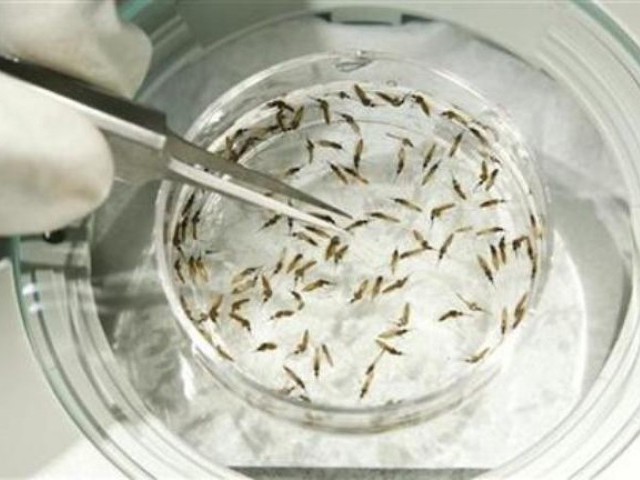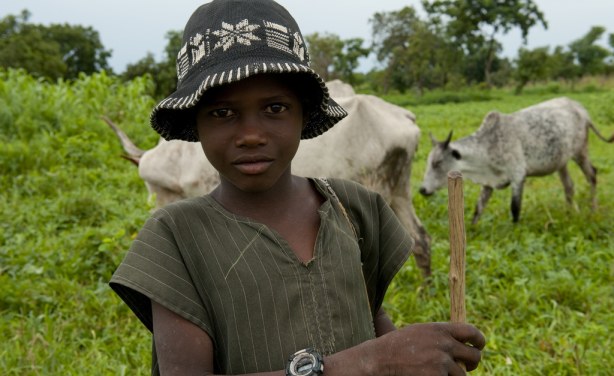A new report released today by two United Nations agencies identifies a “top 10” of food-borne parasites with the greatest global impact, including those found in pork, fish, fresh produce, fruit juice and milk, among other foods.
According to the report, produced by the Food and Agriculture Organization (FAO) and the World Health Organization (WHO), the top ten are:
- Taenia solium (pork tapeworm): In pork
- Echinococcus granulosus (hydatid worm or dog tapeworm): In fresh produce
- Echinococcus multilocularis (a type of tapeworm): In fresh produce
- Toxoplasma gondii (protozoa): In meat from small ruminants, pork, beef, game meat (red meat and organs)
- Cryptosporidium spp. (protozoa): In fresh produce, fruit juice, milk
- Entamoeba histolytica (protozoa): In fresh produce
- Trichinella spiralis (pork worm): In pork
- Opisthorchiidae (family of flatworms): In freshwater fish
- Ascaris spp. (small intestinal roundworms): In fresh produce
- Trypanosoma cruzi (protozoa): In fruit juices
“Obviously this top ten is a more general, global perspective and does not necessarily reflect parasite rankings at a national level where each country may have more precise information,” Renata Clarke, head of food safety and quality at FAO, said in a news release.
“But considering the problems they cause, these parasites do not get the attention they deserve. We hope that by releasing a top ten ranking we can increase awareness among policy makers, the media and the general public about this major public health issue,” she added.
The parasites affect the health of millions of people every year, infecting muscle tissues and organs, causing epilepsy, anaphylactic shock, amoebic dysentery and other problems, the agencies noted. Some can live on in people’s bodies for decades.
Despite their huge social costs and global impacts, information is generally lacking regarding just where these parasites come from, how they live in the human body, and – most importantly – how they make people sick.
The list and report were developed following a request by the global food standards body, the Codex Alimentarius Commission (Codex), for FAO and WHO to review the current status of knowledge on parasites in food and their public health and trade impacts.
The Codex Committee on Food Hygiene is now developing new guidelines for the control of these parasites. FAO and WHO are supporting the process by providing scientific and technical information.
The aim is to develop new standards for the global food trade that will help countries control the presence of these parasites in the food chain.
The report lists a number of ways to reduce the risk of parasite infections. For farmers, it advises the use of organic fertilizer, particularly on produce, should be closely monitored to ensure it is composted properly and all faecal matter is removed. Water quality must also be closely monitored.
For consumers, it advises that all meat should be well cooked and only clean water should be used to wash and prepare vegetables.
The agencies noted that in Europe, more than 2,500 people are affected by food-borne parasitic infections each year. In 2011, there were 268 cases of trichinellosis and 781 cases of echinococcosis recorded in the European Union.
In Asia, there is no precise national data but parasitic diseases are known to be widely spread and are recognized as major public health problems in many countries.
Meanwhile, there is no data at all in most African nations on the prevalence of food-borne parasites in humans because of a general lack of surveillance systems.
In the United States, Neurocysticercosis, caused by Taenia solium, is the single most common infectious cause of seizures in some areas of the US where 2,000 people are diagnosed with neurocysticercosis every year. Toxoplasmosis is a leading cause of food-borne illness and death.
Source: All Africa




